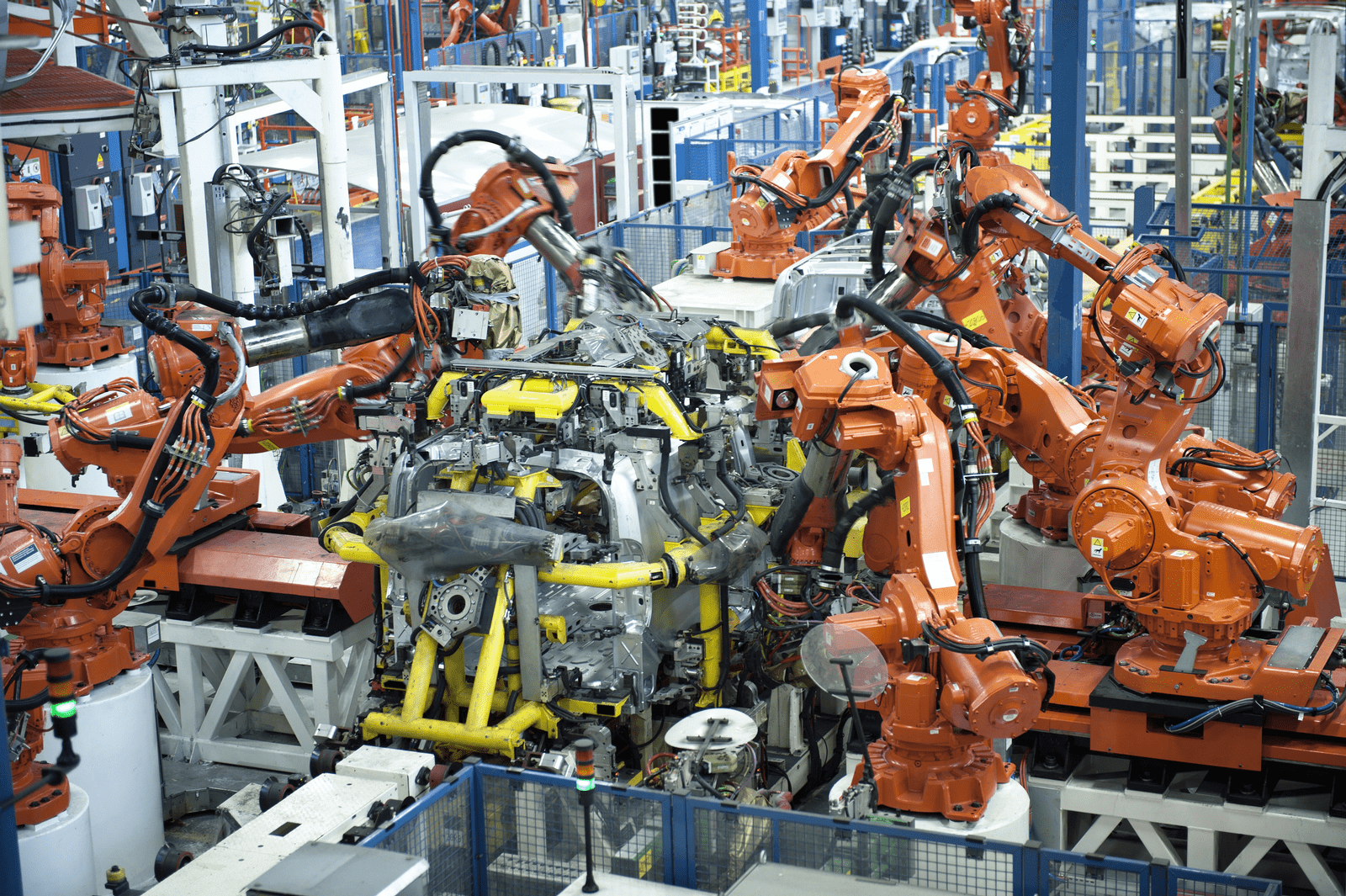The workforce is changing with technology and automation is disrupting almost every industry and job role. While these changes create tremendous potential for companies to increase productivity, efficiency and the quality of outputs, it is creating challenges for employees struggling to understand the trajectory of their careers. Most of the discussions about the future of work have centered on the impact of today’s jobs and those automation will replace. The adoption of new technologies and automation is also creating entirely new roles and exciting career opportunities for workers.
Looking to the future
Operations management is an area with much career potential as a result of workforce changes. Companies are investing considerable resources to update their manufacturing and operations systems – adding advanced sensors, industrial IoT devices, mobile capabilities, machine learning and even artificial intelligence (AI) to their environment. These investments are materializing in the form of smart factories, autonomous vehicles, robotic pick systems in warehouses and highly orchestrated supply chain networks. Humans configure and train these machines, but once they are running, they operate independently. What happens, however, after these systems are built?
From continuous improvement to continuous evolution
Change is the only constant and one of the biggest lessons companies are learning through digital transformation and the modernization of manufacturing processes that are parts of the Fourth Industrial Revolution. Systems and processes that work well today aren’t likely to fulfill a company’s needs a few months or a few years from now. The challenge isn’t just continuous improvement to sustain and improve upon current production levels – companies must embrace the idea of continuous evolution of their manufacturing and operations processes. This is where operations management becomes critical.
Operations management in the age of autonomous machines
The “age of autonomous machines” may seem to leap from the screen of a science fiction movie, but many companies are essentially experiencing it today. In this new era, an operations management staff has two critically important roles. The first is driving continuous evolution – looking at how technology is used to support the changing nature of the business environment. The second role is managing the machines and technology already in use to support your operations.
Autonomous machines and other modern technology is just like the technology we’ve experienced for decades – flawed. It will break; it will require maintenance and tuning; and it will have a multitude of problems. The rules and procedures programmed into machine-learning algorithms will have errors and generate unexpected results. Automation can enable you to produce products faster, but when it operates poorly or incorrectly, it also creates problems faster.
The bottom line is problem solving
Modern operations management is a field focused on solving problems – technical problems and business problems. It is a data-intensive career field that will require both analytical and critical thinking skills – identifying problems, diagnosing their root-cause and formulating corrective and preventative actions. Emerging technology won’t replace this field – technological change will fuel its demands.
About Kepner-Tregoe
Kepner-Tregoe is the industry leader in problem-solving techniques, processes and skill training with more than 65 years of success working with companies to navigate technology change successfully and improve operational performance. The time is now to look to the future, understand how current trends will disrupt the workforce and give your employees the tools and training they need for long-term career success. View our training courses



